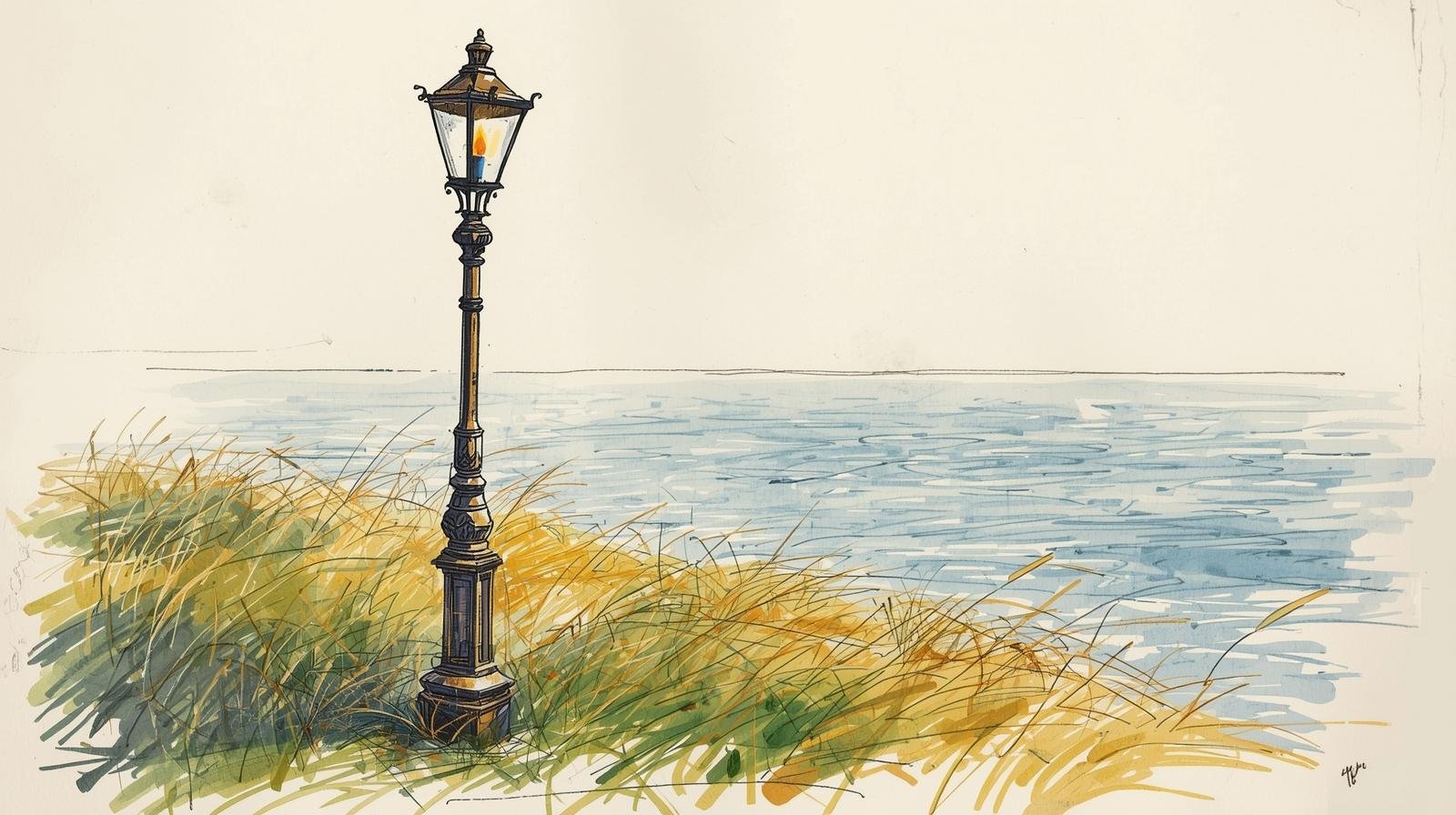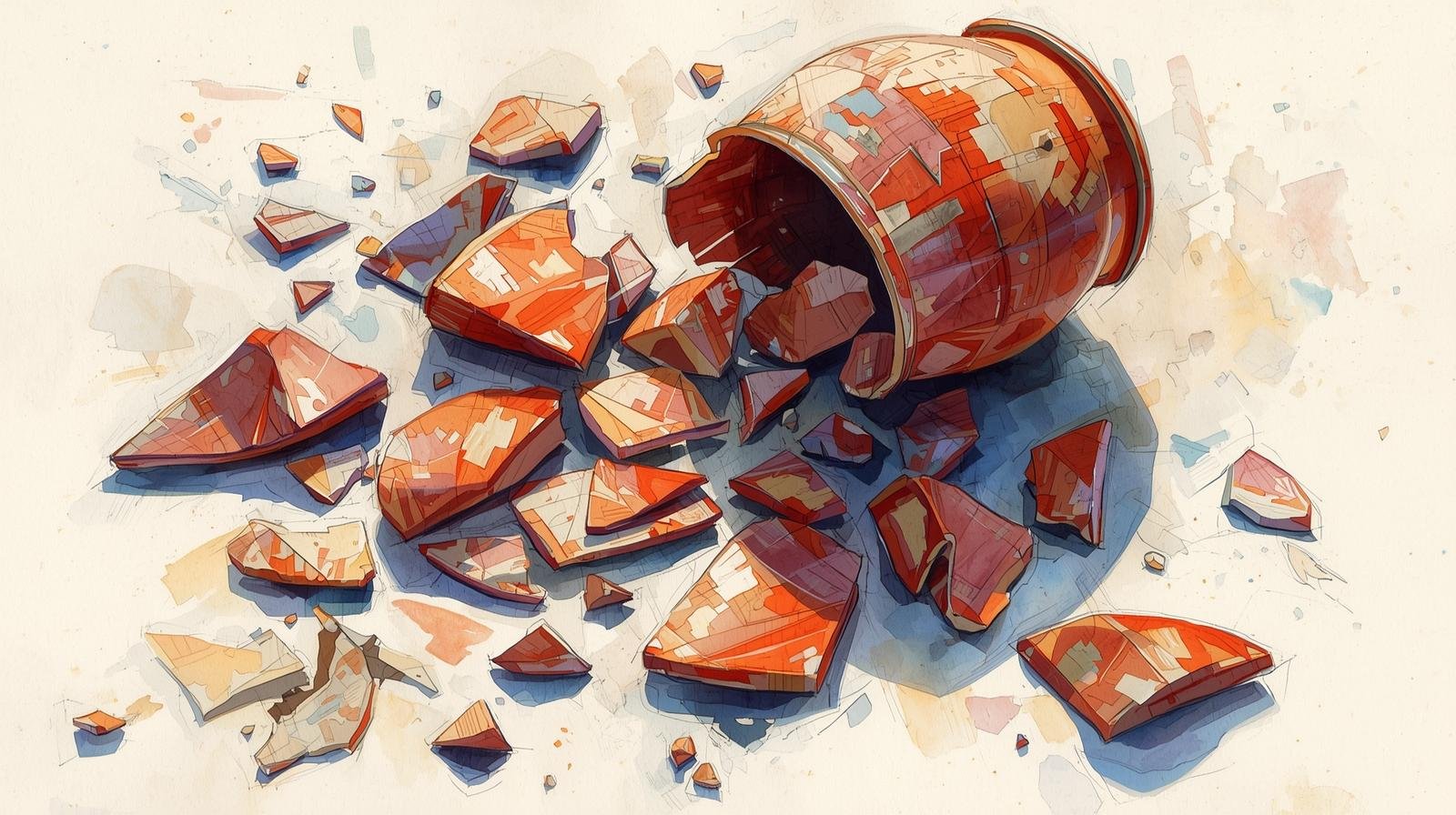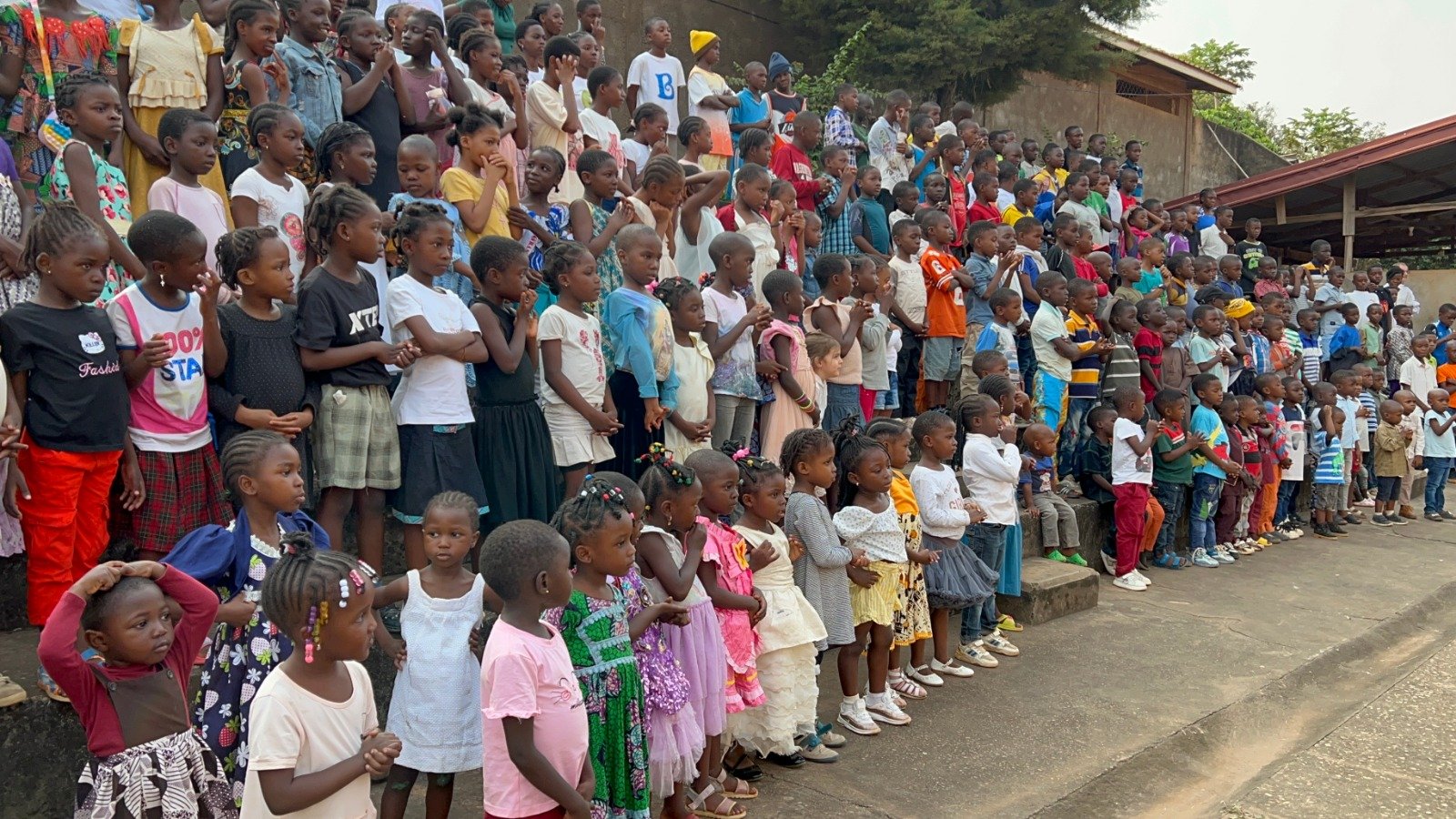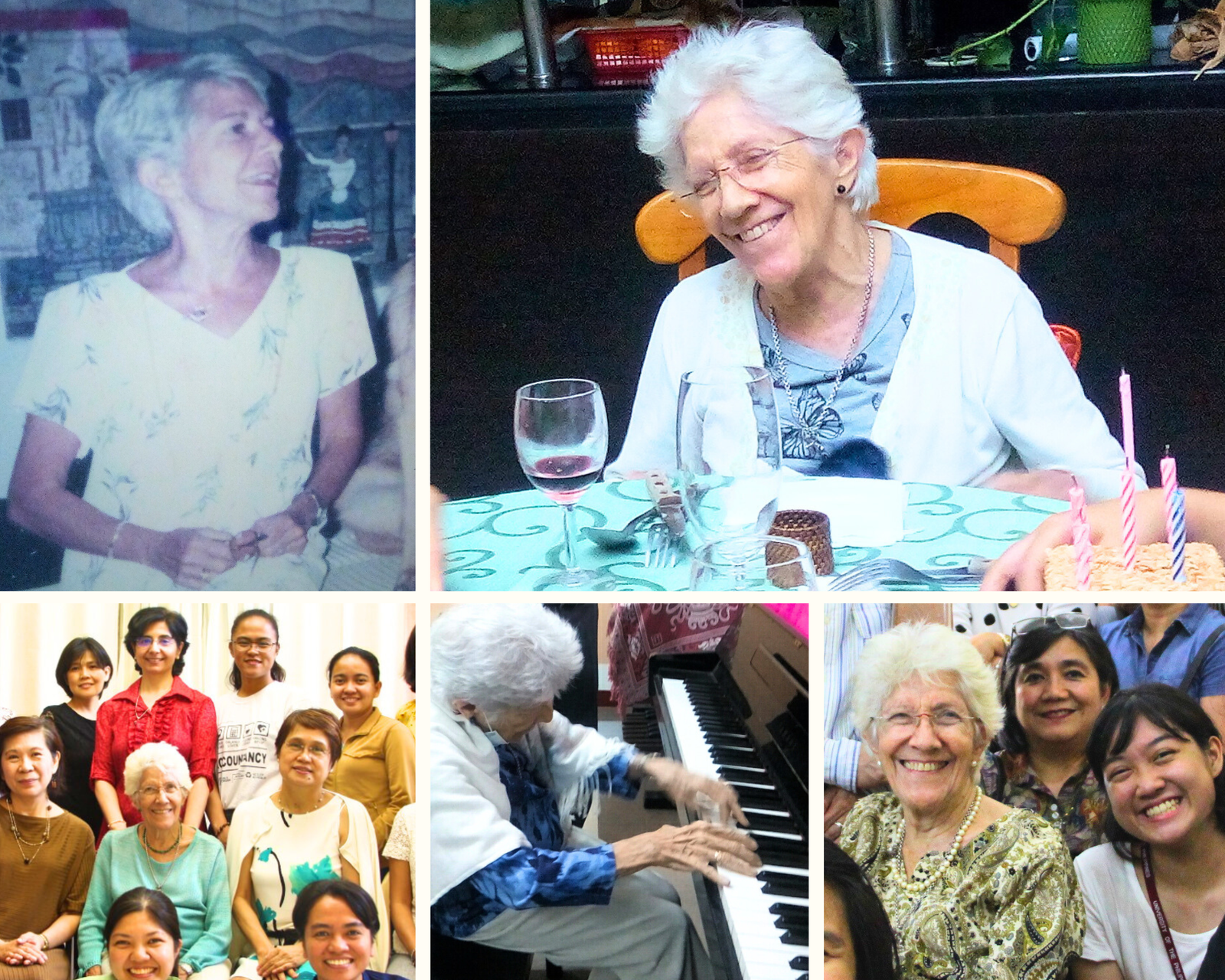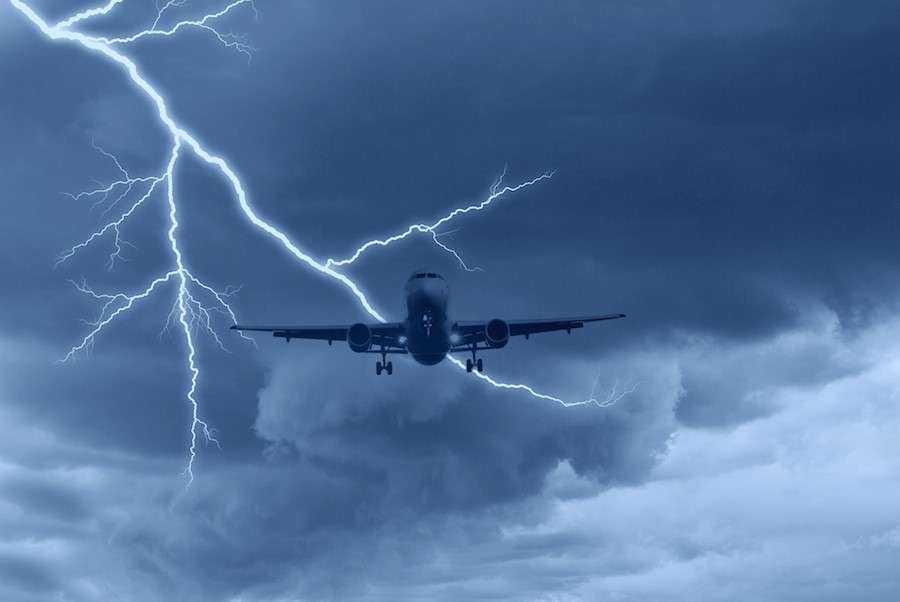
by f. Luis Casasús, General superior of the Idente missionaries
Madrid, April 21, 2019. The Resurrection of the Lord
Book of Isaiah 50,4; Letter to the Philippians 2,6-11; Saint Luke 22,14-71.23,1-56.
1. Talking about life. As the world has evolved, new forms of life have gradually appeared. We may, somewhat simplistically, speak of plant life, animal life, human life. We speak also of virtual life, synthetic life…and eternal life.
Most of times, eternal life is seen as something futuristic. But in the Gospel of John we read:
He who hears my word, and believes him that sent me, has eternal life, and comes not into judgment, but has passed out of death into life (Jn 5: 24).
And the same evangelist, in his first Letter further specifies: We know that we have passed from death to life, because we love each other. Anyone who does not love remains in death (1 Jn 3:14).
These two citations lead us to an inevitable consideration: How does Resurrection influences our lives today?
Pope Benedict XVI reflected about this in his 2006 Easter Vigil homily:
But somehow the Resurrection is situated so far beyond our horizon, so far outside all our experience that, returning to ourselves, we find ourselves continuing the argument of the disciples: Of what exactly does this ‘rising’ consist? What does it mean for us, for the whole world and the whole of history? A German theologian once said ironically that the miracle of a corpse returning to life –if it really happened, which he did not actually believe– would be ultimately irrelevant precisely because it would not concern us. In fact, if it were simply that somebody was once brought back to life, and no more than that, in what way should this concern us? But the point is that Christ’s Resurrection is something more, something different. If we may borrow the language of the theory of evolution, it is the greatest ‘mutation’, absolutely the most crucial leap into a totally new dimension that there has ever been in the long history of life and its development: a leap into a completely new order which does concern us, and concerns the whole of history.
2. Our Resurrection. In the parable of the Prodigal Son, Jesus clarifies how closely resurrection relates to the reality of daily life. The young man took his inheritance and fled the country and squandered his fortune, falling into humiliation and poverty. For all intents and purposes, it was as though he were dead. As we know, eventually the young man returned home and was greeted by his father: Bring the fatted calf and kill it, we are going to have a feast because this son of mine was lost and now is found, he was dead and has come back to life. So the young man was restored to his family, and to God. The return of the prodigal son is actually a parable of the resurrection. Like the parable of the Prodigal Son, the story of Christ’s resurrection reflects the patterns of our own lives. In this life of ours there are all those twistings and turnings that lead from life through the valley of the shadow of death toward a new creation and a joyous homecoming.
One of the lessons that can be drawn from this extraordinary parable is that in addition to its significance in the future, we can experience the power of the resurrection today. There is a resurrection of the body and a resurrection of the heart. The resurrection of the body will happen on the last day, that of the heart happens, or can happen, every day.
We can illustrate it with something that happened to a small boy of about seven who was stricken with a fatal, ferocious and fast growing cancer.
He had been treated with every sort of therapy known to science. But nothing further could be done. There was no real hope of recovery. So the family and the doctors gathered in the little boy’s room for a final conference concerning his treatment. They had tried almost everything, what could they possibly think of next? Finally, the boy spoke up in a clear, crisp voice: What I really want to do is to go home and learn how to ride my bike. The bicycle had been a Christmas present. It had those little trainer wheels attached. But before the boy had gained enough confidence to remove the trainer wheels the cancer caught up with him and he was sent to the hospital. Learning how to ride a bike was the last thought the doctors or the parents would have contemplated. The boy was already physically weakened, why encourage him to do something that clearly would not be possible for very long even if he could succeed. But the boy insisted and the resistance of the doctors and his parents melted away under the withering assurances of his clear brown eyes.
And home they went. Not thirty minutes after they had settled in, they were out in the yard, the boy insisting that his father take off the training wheels and let him have a go at it. Obediently, but anxiously, his father removed the training wheels to let him go. To their surprise, after only two false starts and one fall the boy was able to steer the bike, somewhat erratically to be sure. And now, he said with mounting assurance in his voice, Now I want to ride it by myself all the way around the block. Before anyone could stop him, he was off, up the street and around the corner out of sight. There were those few minutes of suspense as the parents, brother and little sister, waited for him to appear at the other end of the block, and after what seemed an eternity, there he was, headed for home, a gigantic expression of triumph and satisfaction written on his face.
When the excitement had settled down, the boy retired to his bedroom, and asked if he could be left alone with his little sister. He had his father bring the shiny blue bike into the bedroom. It sat there in the corner, a gleaming symbol of life. Then the boy turned to his little sister and said: I won’t be needing the bicycle anymore. I want you to have it for your birthday. I hope you enjoy it as much as I did.
We use to say that God asks us to do extraordinary things when we are at the lowest moment of our spiritual life. In those moments, we are really dead, far from God, living a life that do not even deserve the name of life. Counter to what one might think at first sight, this is far from rare in our ascetical-mystical experience. As in the parable of the Prodigal Son, this may happen in two ways.
One way is to be like the younger brother: to walk away from the Father’s love and move to a distant country. We want freedom to explore the seductions (legitimate or not) of the world. This first attitude is well described as attachment to the world, to the worldly life.
The second one is even more dangerous and deep. It is about our attachment to the ego and to the fame.
When we think of the attachment to the fame, we usually refer to what others think of what we do, but we can be really dead precisely because of our self-image of perfection. We are proud of the fact that we always do our duty. Our pride makes us feel that the Father owes us something. Then, we just want to use God to get what we want, our own party with our own friends. In those circumstances, we inevitably we despise and want nothing to do with those who are down and out because of their sin. We want God to judge them and we separate ourselves from them. We are not merciful neither with the merciless… nor with their victims.
Both sons in the parable were dead to their father, but only one came to realize it.
I do believe that God wishes to take advantage of these moments to show us his confidence and closeness and, at the same time, to offer a clear testimony of His ability to resurrect those who are dead in life.
Such a change in any person is only possible because Jesus Christ died for our sins and was raised again to life. To strengthen the faith in Christians regarding the forthcoming transfiguration of bodies, St. Paul refers to a generally known fact: Someone may doubt — `How are the dead raised up? And with what body do they come?” — Foolish one, what you sow is not made alive unless it dies. And what you sow, you do not sow that body that shall be, but mere grain; perhaps wheat or some other grain. But God gives it a body as He pleases, and to each seed its own body (1 Cor. 15:35-38). Supporting the same idea, the Fathers of the Church point out the fact that in reality nothing is ever destroyed nor disappears, rather it is transformed into something with new properties, and certainly God has power to restore and transform everything that He created. They found in it many similarities to resurrection: the germination of plants from a seed, buried into the earth and decayed; the annual renewal of nature during the Spring; the initial formation of man from the dust; and other similar phenomena.
In our Ascetical-Mystical Examination, it is probably in the Beatific Supplication where the resurrection of our heart is more clearly manifested.
Supplicating is not usually something joyful. When we ask for a salary increase, or when we apologize for some mistake or error, we are not supposed to be enjoying the experience. But in our relationship with the divine persons it is what perhaps best defines our filial condition, our nature of being a son or a daughter of God: we are in constant need of graces, we have the experience of having received always an (usually unexpected) response and therefore we are prompted to joyfully continue our act of supplication.
The two manifestations of Beatific Supplication are Spiration and Stigmatization. We always have some experience of these, but most of times it is not properly identified and consequently we lose its unique transformative power.
* Spiration (= Exhalation, from the Latin exhalare = to breathe out) is manifested as Beatitude in our supplication, an immutable peace, the assurance of God’s victory amidst the most grievous difficulties: Jesus is with us in the boat during the storm.
* Stigmatization (from the Latin stigma = brand, mark) is manifested as an Affliction, an intimate feeling of pain (not bitterness), of melancholy caused by the awareness thatHe came to that which was his own, but his own did not receive him (Jn 1, 11). This consciousness is fueled by my own mediocrity, by the ignorance of Christ in many people, by the suffering of my neighbor. But this mark engraved in fire in my spirit is capable of awakening all my hidden talents and puts them at the service of God and the others.
This Beatitude and this Affliction prompt us to welcome the grace to see our own desperate need for His unconditional love, turn from our sin, and return to the Father to work with Him and with my brothers, despite my mediocrity and their mediocrity. Then, He welcomes us with joyous acceptance. True joy is not found in the distant country, partying with your worldly friends. True joy is not found slaving in the fields for God, while you are angry and bitter because you think that He or your neighbors do not treat you rightly. True joy is found when you return to the Father in true repentance. He joyously welcomes every repentant sinner to His banquet table.
One of the things that happens to us when we begin to walk with Christ or when we accept the sad reality of our pride is some form substantial change. We feel like a new person in a real sense. It is a genuine resurrection. It is not like before Christ I was an extrovert and now I was an introvert. It is not that we liked to have fun before but now we just like being serious and talk about heaven. But we find the things we want to do change drastically. We find ourselves wanting to know God and his will… serve him… make a difference in the world… use our talents for him… and not wanting to do all the sin that rules our life. It is a whole new form of existence. Simply put, we found our whole being preoccupied with God and walking with him.
3. Obstacles to our Resurrection.
In our Ascetical-Mystical Examination or, if you allow me this comparison, in Alcoholic Anonymous, where participants take a “searching and fearless moral inventory” of themselves, we consider all the obstacles to resurrection, or a life of complete fullness and manifest union precisely when our moral life or our mood is at its lowest. The question becomes: what needs to die for my true self to live in fullness?
When we consciously consider this question, our answers stay fairly superficial. There is a long list of mental and emotional obstacles that prevent full awakening. Let us just mention three:
Our Wounds, which determine how we relate to people who we find difficult to live with.
Our Memory. Which can be an ideal world we want to re-create or the corrupt world we want to change. Both are a distraction from the ever-present peace of resurrection, which is always alive to the present moment.
Our supposed Identity; who we think we are. It’s how we differentiate ourselves from others, the ego’s favorite pastime. We perceive and evaluate automatically, to situate ourselves over against, or beneath, or above.
Resurrected being is a state we are invited into. But we understand there are things we need to let go of if we are to die into life as Christ does. We fear these deaths because we assume the loss of our emotional programs for happiness to be pure misery. We can call it spiritual aerophobia, the fear or strong dislike of flying.
People with aerophobia do not just get a little anxious flying. Instead, they experience an extreme and overwhelming sense of fear associated with being in an airplane, helicopter, or other flying object. People with this phobia frequently avoid flying or, if they have no choice, experience severe panic during flights. This phobia prompts people being afraid of all flights and avoiding flying even when it interferes with their ability to see friends and family or do their jobs.
In one of his homilies (April 9, 2019), reflecting on the First Reading of the day, which is taken from the Book of Numbers, Pope Francis noted that at times Christians “prefer failure”, leaving room for complaint and dissatisfaction, a perfect terrain, he said, for the devil in which to sow his seeds.
According to the Reading, the people of God could not bear the journey: their enthusiasm and hope as they escaped slavery in Egypt gradually faded, their patience wore out, and they began muttering and complaining to God: Why have you brought us from Egypt to die in this desert?
Pope Francis lamented the fact that this is the life of many Christians: They live complaining, they live criticizing, they mutter and are unsatisfied. The people of God could not bear the journey. We Christians often can’t bear the journey. We prefer failure, that is to say desolation. This is the spiritual aerophobia I was referring to. Our Father Founder illustrated this attitude with the example of a person who has the chance to be an architect, but rejects it, choosing to become a non-qualified construction worker.
4. Path to our Resurrection.
Of course, Jesus did not have contact with sin, but he experienced some moments of extreme demands from his and our Heavenly Father, occasions when, as a man, He had to share in the suffering and affliction of the First Person of the Most Holy Trinity. His response was, as we know, self-denial. Rather than running off and doing his own will, Jesus went right to God in prayer.
Moreover, He did not decide to fight alone; in the Garden of Gethsemane, He asked being Peter, James and John to pray with him. Can you imagine being Peter, James or John and having this weight dropped on you? The disciples had prayed for other people; they were not strangers to prayer. But praying for Jesus in a crisis situation was something entirely new and, no doubt, frightening to them. This is affliction, this is our best prayer, the most important prayer we ever pray, the one we are called upon by the Holy Spirit. The farthest thing from our mind would be taking a nap. Yet, when Jesus returned to them after going off a little way to pray, he found them all asleep.
Let us not lose these opportunities to experience this profound link between ascetical and mystical life, this experience of resurrection, that lies before us when we are tired down or discouraged like the disciples in Emmaus, like the sisters of the dead Lazarus or the apostles in Gethsemane.
The eternal life of God, the divine life uniquely possessed by God, is literally life that goes beyond the biological. I am the resurrection and the life.
When Jesus says that He came so that we might have life and have it more abundantly, He was talking about this other idea of what life is.
The Resurrection of Jesus impacts our ultimate destination, but it also hugely affects every twist and turn of our life as we journey to the beatific vision. Pope Francis in one of his daily audiences (April 3 2013), said that the Resurrection of Jesus leads us to living our everyday lives more confidently, to facing each day courageously and with commitment. Christ’s Resurrection shines new light on our everyday realities. Christ’s Resurrection is our strength!
Who amongst us does not need more strength to love the people in our lives, to forgive those who have hurt us, to meet the demands of our daily duties at work and at home, to deal with illness, sadness, pain, and suffering, to let go of resentments and hatred, to focus on others’ needs instead of our own, and ultimately, to love God and neighbor more deeply, fully, and completely?
We are invited to follow Jesus through the cross of our own complete humiliation of the false understandings of our lives and of our false expectations about the future, including what the Messiah is supposed to look like. Only then can we know in our own experience resurrection, a rather startling experience. Yes, resurrection is the tremendous experience of being fully alive in spite of and thanks to this complete killing of our lies.
________________________________
Your brother in the sacred hearts of Jesus, Mary and Joseph,
Luis Casasús
General Superior







